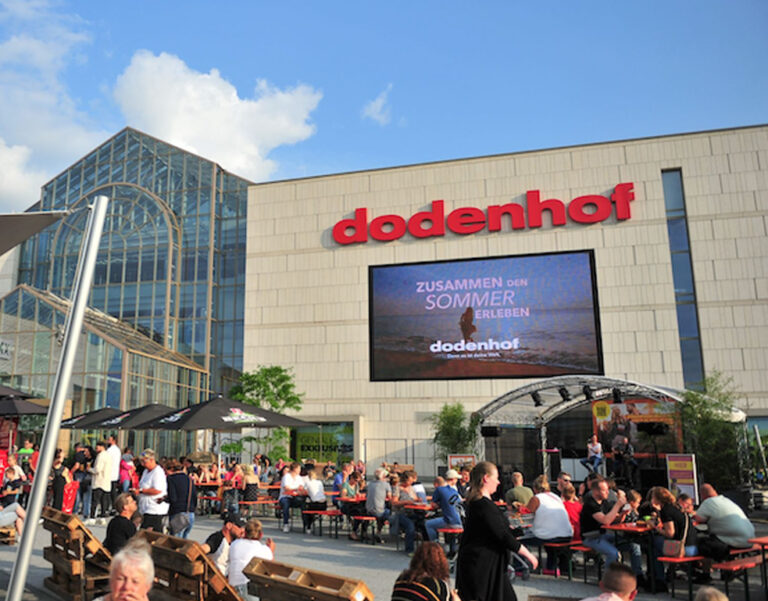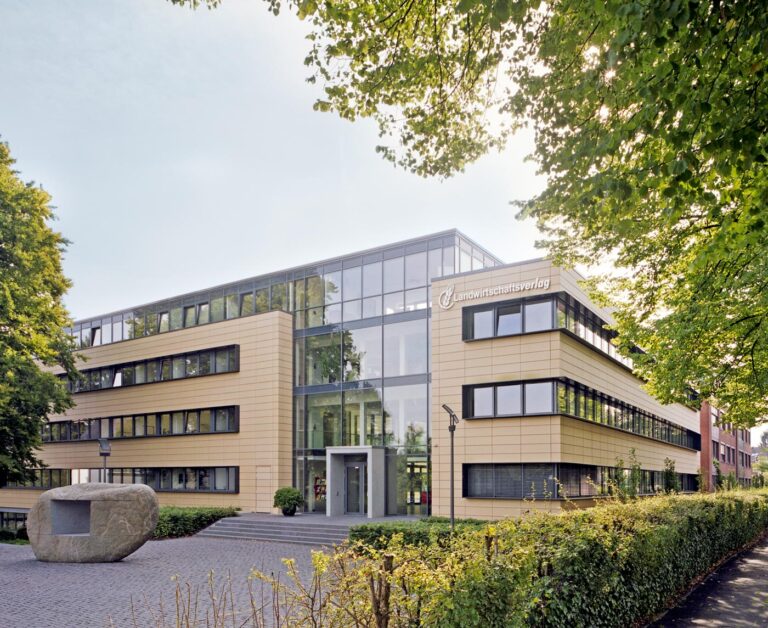Everything you need to know
about Scheer PAS
Need something specific?
General questions:
- Business Analysts: Business analysts are responsible for analyzing and modelling business processes using Scheer PAS. They work closely with stakeholders to understand process requirements and then use the tool to design and document these processes.
- Process Designers: Process designers use Scheer PAS to create and model business processes. They may be responsible for designing workflows, defining process steps, and specifying the logic and rules that govern these processes.
- IT Professionals: IT professionals, including developers and system administrators, are often involved in the implementation and maintenance of Scheer PAS. They may configure the software, integrate it with other systems, and ensure its smooth operation.
- Consultants: Consultants with expertise in business process management (BPM) and automation may work with Scheer PAS to assist organizations in optimizing their processes and implementing automation solutions.
- End Users: Depending on the organization's setup, end users may interact with Scheer PAS through user interfaces and dashboards to perform tasks, monitor processes, and provide input into workflows.
- Project Managers: Project managers may oversee projects that involve the implementation of Scheer PAS. They ensure that the project stays on track, meets deadlines, and aligns with business goals.
- Training and Support Specialists: Professionals who provide training and support for Scheer PAS users within an organization. They help users understand how to use the software effectively and troubleshoot any issues.
- Business Owners and Executives: Senior executives and business owners may use Scheer PAS to gain insights into business processes, monitor performance, and make strategic decisions based on process data and analytics.
If you would like to learn more about our products and their different components, you can follow one of our comprehensive self-learning tutorials, see Scheer PAS Academy.
Yes, Scheer PAS is committed to ensuring GDPR compliance in its data processing practices. We treat your personal data confidentially and in accordance with relevant data protection regulations, including the European General Data Protection Regulation (GDPR), German Federal Data Protection Act (BDSG), Austrian Data Protection Act 2018 (DSG 2018), and more. Our data processing is based on legal foundations, and we prioritize strong data security. For more details, please review our Privacy Policy.
In general, we host our SaaS instances in the Azure regions of Europe, mainly “North Europe” and “West Europe”. Alternative regions, like Germany, are of course also possible. Find out more about Azure regions here: https://azure.microsoft.com/explore/global-infrastructure/geographies/#geographies
You can reach our support team by email at support@scheer-pas.com or online via our Service Desk at support.scheer-pas.com/servicedesk. You can also find more information on how the service desk works in our online documentation.
We offer various learning materials to help you become familiar with our product:
If you would like to learn more about our products and their different components, you can follow one of our comprehensive self-learning tutorials, just visit our Scheer PAS Academy.
In addition, our extensive online documentation is available to you at any time, in which all functionalities of the platform are explained in a comprehensible way.
And in the information section of our website you have access to blog articles, videos, whitepapers, a glossary and much more.
Product:
What makes Scheer PAS unique is the fact that our product is a “Process iPaaS”. A Process iPaaS is an iPaaS where processes meet integration.
The Scheer PAS Process iPaaS enables organizations to integrate applications and data while focusing on business processes. The process-oriented approach to integration is the only way to seamlessly automate business processes from end to end by connecting different systems and applications, streamlining operations, and gaining valuable insights for continuous improvement.
With processes embedded in our DNA, Scheer PAS delivers with the process-centric approach to integration new business value for customers.
"Composition" refers to the process of creating a new service or process by combining existing elements, such as services, tasks, or other components, into a single cohesive unit. This allows you to design and build more complex processes by reusing existing functionalities, which can save time and effort in development.
A Composable Enterprise is an organization that can react fast to changing business needs. This rapid adaptation is achieved through the assembly and reassembly of smaller, independent application components (composable applications).
Scheer PAS is designed in a way that different kinds of users can use it to work together on a project, whether they are software developers or users without any IT knowledge.
With Scheer PAS, you can build your first application in the matter of days. Once you have access to your account, you can go through our step-by-step tutorials to build your first application. Various example applications show the main features of the platform.
This depends on what you want to do. In the first projects, it is recommended to implement a mixed team with resources from customers and Scheer PAS. In the beginning, the customer would model the process with BPMN and the UIs with the Low-Code Editor. The implementation of the BPMN tasks and – if necessary – the enhancement of the UIs with AngularJS code then would be done by Scheer PAS. With this approach, you can work on your tasks within a few weeks. Then you can learn from the implementation of the PAS consultants and also benefit from the project-based libraries which are developed by the PAS engineers.
We offer various learning materials to help you become familiar with our product: In the information section of our website, you have access to blog articles, videos, whitepapers, a glossary and much more.
If you would like to learn more about our products and their different components, you can follow one of our comprehensive self-learning tutorials, see Scheer PAS Academy.
In addition, our extensive online documentation, where all functionalities of the platform are explained in a comprehensible way, is available to you at any time.
Developing Pro-Code applications for the Scheer PAS platform assumes intermediate-level knowledge of HTML, CSS, JavaScript and the Angular framework.
When you develop a Low-Code application with the Scheer PAS Designer, the Designer offers you the possibility to download the uncompiled Angular resources that were generated by the Designer. These resources are the starting point for Low-Code application development.
IDE
To work with Angular we can recommend Visual Studio Code as a development environment.
Version Control
We recommend using GIT to version your project.
After finishing the customization using Pro-Code, the project can be imported back into the Scheer PAS Designer in order to continue working on it using Low-Code.
Implementation:
Our partners need an Internet connection and a compatible web browser. They visit Scheer PAS portal, log in with their credentials, and access the application's features and data via the web interface. No local installation or downloads are required.
You have the ability to deploy quickly, frequently, and as it fits your business with Scheer PAS’ hosting models namely on private cloud, public cloud or On-premise.
Data is always transparently encrypted at rest using 256-bit AES encryption. For extra sensitive use cases, End-to-End encryption at the host level can be enabled to encrypt all transfers from and to the storage as well as cache layers. Platform- or customer-managed keys are possible.
We can incorporate your local services or endpoints On-premises or in other locations with a Site-to-Site VPN via protocol IPsec/IKE.
Pricing:
Our platform is based on a Software as a Service (SaaS) concept. In addition to the general functions, hosting, support, as well as regular updates are included in the annually recurring costs.
The platform adapts to the requirements of our customers, i.e. depending on the use case, different parameters can be defined. In general, we calculate the license fees based on the number of services that are created/used and the corresponding users (developer/user).
Customers decide if high availability, platinum-level support (24/7) are needed and book these services, as well as further functional modules (AI module, process mining, analytics and so on) in addition.
Our standard SaaS contract is a three-year commitment that is billed annually.
In addition to the license fees, our Professional Service can be used for the creation of initial processes or services. Billing is based on time and effort and is reported in man-days, depending on the complexity of the process.
Looking for more Information?
We offer a range of comprehensive support options to assist you every step of the way. Whether you have a technical question or need guidance on using our features, we’ve got you covered.
Events
Stay up to date with the upcoming events and the reports from the recent ones.
Blog posts
Insightful commentary on the relevant industry topics with up-to-date information.
Newsletter
Subscribe to our Newsletter and never miss an update from Scheer PAS. Changes, events, news and more...











